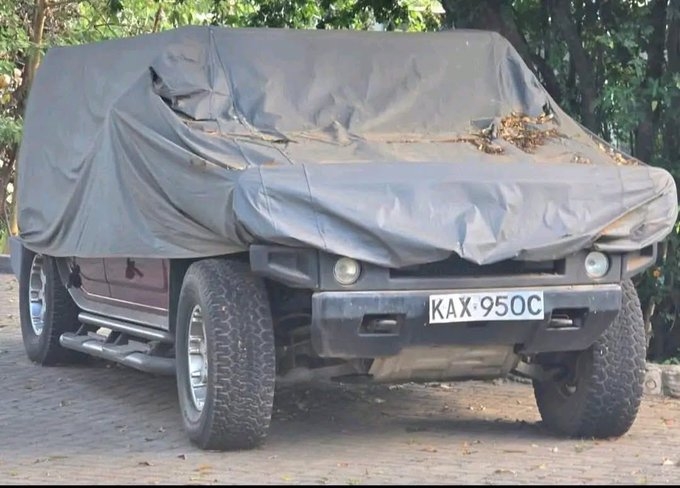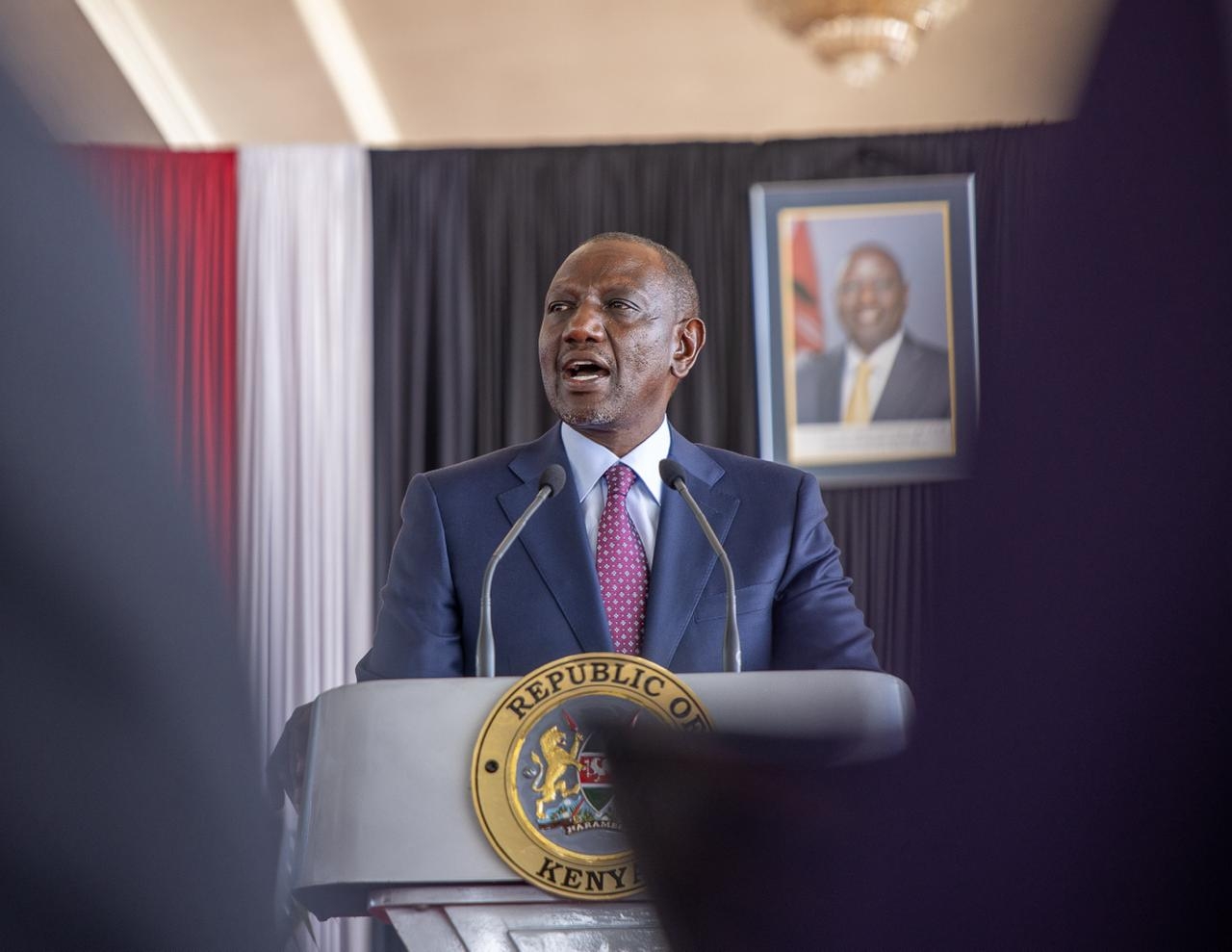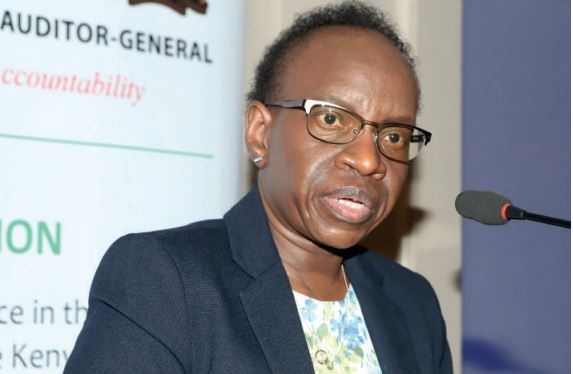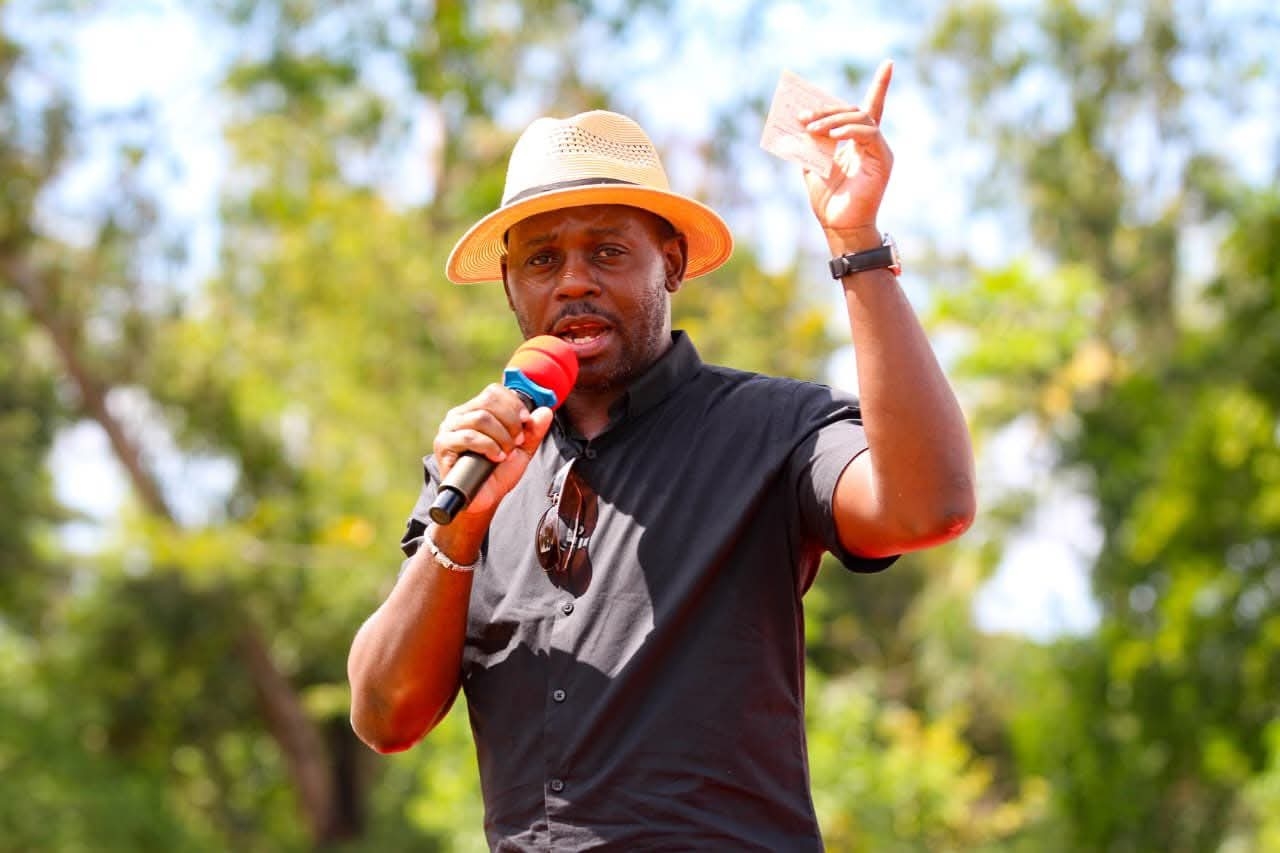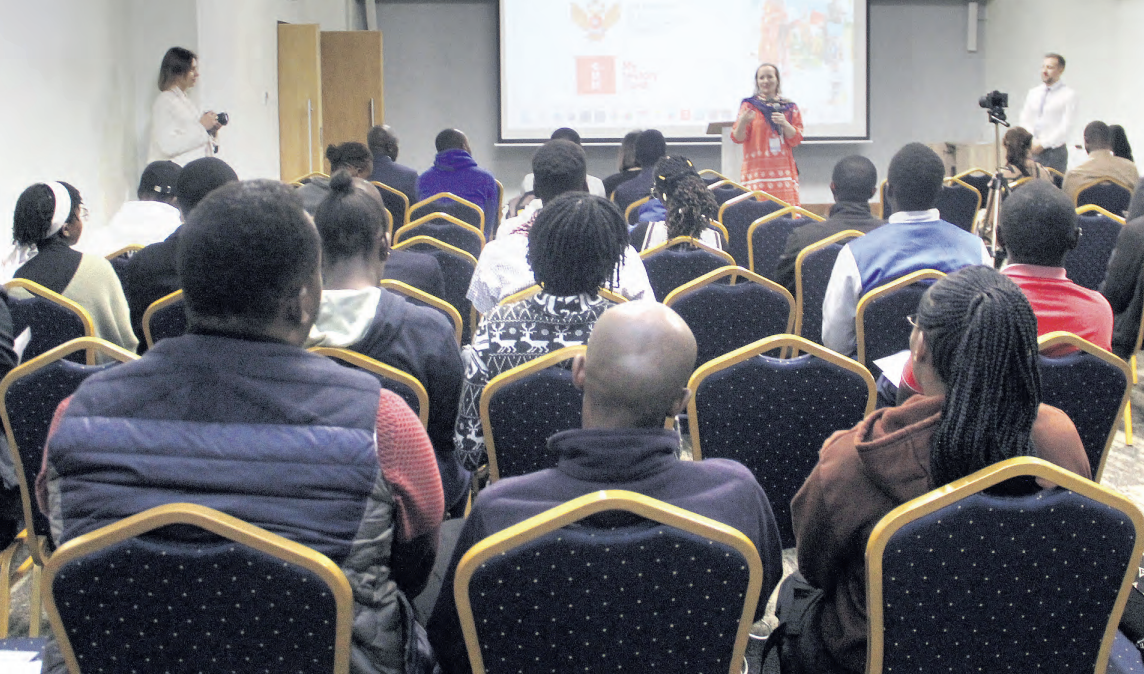
Vivian Maina stood at a booth, surrounded by leaflets and books, smiling as she engaged in a conversation, not in English or Swahili, but in Russian.
Nearby, many young Kenyans were also conversing with one another in Russian. Maina is one of the tutors at the Russian Open Centre, an institution dedicated to teaching young people about the Russian language and culture.
She discovered the centre through the Kenya Institute of Foreign Languages and Professional Studies, in collaboration with the International Jaamia of Languages and Professional Studies.
These institutions partner with Tomsk State Pedagogical University in Russia and the Russian Embassy.
With a sense of pride, Maina shares how teaching Russian continues to inspire her, opening doors for students to explore a rich cultural heritage, appreciate diverse perspectives and build meaningful global connections.
“The language’s depth and history serve as a bridge to understanding Russia’s literature, art and traditions,” she says.
When asked if she plans to pursue higher education in Russia, she nods, calling it an incredible opportunity to immerse herself in the language and culture, gain firsthand experience and bring back knowledge to enhance her teaching and share authentic insights with her students.
For the 250 students who have studied Russian so far, the benefits are clear. Learning the language grants access to Russia’s vast literary works, a deeper understanding of its influential history and enhanced career prospects in fields like international relations, business and translation. However, with such a rich culture, there are misconceptions that Russian is unapproachable or overly formal. Maina debunks these myths.
“Through learning the language, one discovers its warmth, hospitality and emphasis on relationships, qualities that are deeply reflected in its expressions and traditions.”
UNSUNG HERITAGE
Maina joined My History Fund on Friday for a three-day celebration of Russian language and culture in Kenya.
The event aimed to foster integration and appreciation of Russian culture in the context of Kenyan society. Speaking at the event, Dr Valeria Lemskaya, a Russian language teacher, highlighted the importance of promoting education and fostering exchanges between the two countries.
Lemskaya said learning Russian is especially beneficial for those looking to pursue higher education in Russia, as many programmes are taught in Russian, although some are available in English or German.
She expressed concern that many people associate Russia primarily with its political landscape, overlooking the country’s rich cultural heritage.
“Sometimes it is difficult for people to distinguish between politics and culture. They often merge the two, forgetting that they are distinct,” she said.
She added that Russians are, in fact, “ordinary people” who are “very open and very positive”.
Lemskaya also mentioned the My History Fund efforts to counter negative stereotypes and promote a more balanced understanding of Russia.
“We are working to reduce the impact of misinformation,” she said.
She acknowledged that Kenyans have responded positively to these efforts, and she expressed hope that this exchange would continue to grow.
Kenya-Russia coordinator AnneMarie Maiyo said in addition to language classes, 17 students have received scholarships to study in Russia.
Maiyo said the programme has seen significant growth, with 150 students enrolled in 2024, 50 more than the 2022 class. The programme’s success, Maiyo said, is only hindered by the perception of Russia through a political lens.
“When we talk about culture, we’re not being political,” she said.
“We’re simply promoting Russian language and culture.”
She urged people to see beyond political issues and appreciate the cultural exchange between the two nations. Both Lemskaya and Maiyo expressed hope that continued cultural dialogue would deepen mutual understanding and appreciation between Kenya and Russia.
STUDYING IN RUSSIA
For those pursuing higher education in the President Vladimir Putin-led country, the Embassy offers scholarships for willing and qualified students.
Director of the Open Centre, Dr Vadim Zyubanov, listed things international students need to know before flying out for further studies. Vadim, who is from the Tomsk Pedagogical State University in Russia, said that while one can benefit from the credit system and get to choose the subjects to study in Kenya, it is different in Russia. In Russia, every academic programme is planned for, he said.
“The students do not get the freedom to choose and drop some classes,” he said. “When they fail a certain language, they have to study those classes by themselves and then do the exam after half a year or a year.”
This, he said, keeps the students motivated to study and pass their exams. “Another difference, of course, is that everything is in Russian, but right now there are so many universities that suggest English majors, so you just need to check,” Vadim said.
To check for schools and scholarship opportunities, he asked interested students to keep close contact with the X account of the Russian Embassy in Kenya and their website.
Those interested can also keep in touch with the Telegram account https://t.me/openeduKenya.
Vadim said opportunities to get scholarships are called quotas, adding that currently in Kenya, there are 60 quotas. The Embassy is working to raise the number.
Vadim also explained the different levels of education in Russia. “The main thing we have is a bachelor’s degree and a specialist degree. If you get a bachelor’s degree, it’s four years.
Then you will have to go for a master’s degree and then go for a PhD,” he said. “But with a specialist degree, you need to study for five years and then you can get your PhD.”
SETTLING DOWN
On how the Russian school helps international students adapt to their academic environment, Vadim said, for example, with Kenyan students, the preparation starts at the Open Centre.
Here, he said, they teach language and culture, that is, cross-cultural communication history.
“So when students come to Russia to study, it is going to be easier for them because they know what to accept then,” he said.
He said once the students arrive in Russia, they are assigned local students, sort of school siblings, to help them adjust. They also hold events for international students, including contests, sports, poetry and reading events. International students also go through an introduction to the law so they do not feel uncomfortable while staying in Russia.
To the students who are not yet familiar with the Russian language, Vadim said most universities have English books in their libraries. Besides education, Kenya and Russia are in active negotiations with Russia to export labour to the country.
Speaking on Monday, government spokesperson Isaac Mwaura said that new recruitments are currently ongoing.
“Active negotiations are in the sunset stages with Russia, Poland and Jordan to open more doors of opportunities to Kenyans abroad,” he said.
“A new recruitment will kick off
from November 18 to December 6
across the counties. We encourage
Kenyans to seize these opportunities,
which not only provides jobs but
also skills and technology transfer
to Kenya.”


